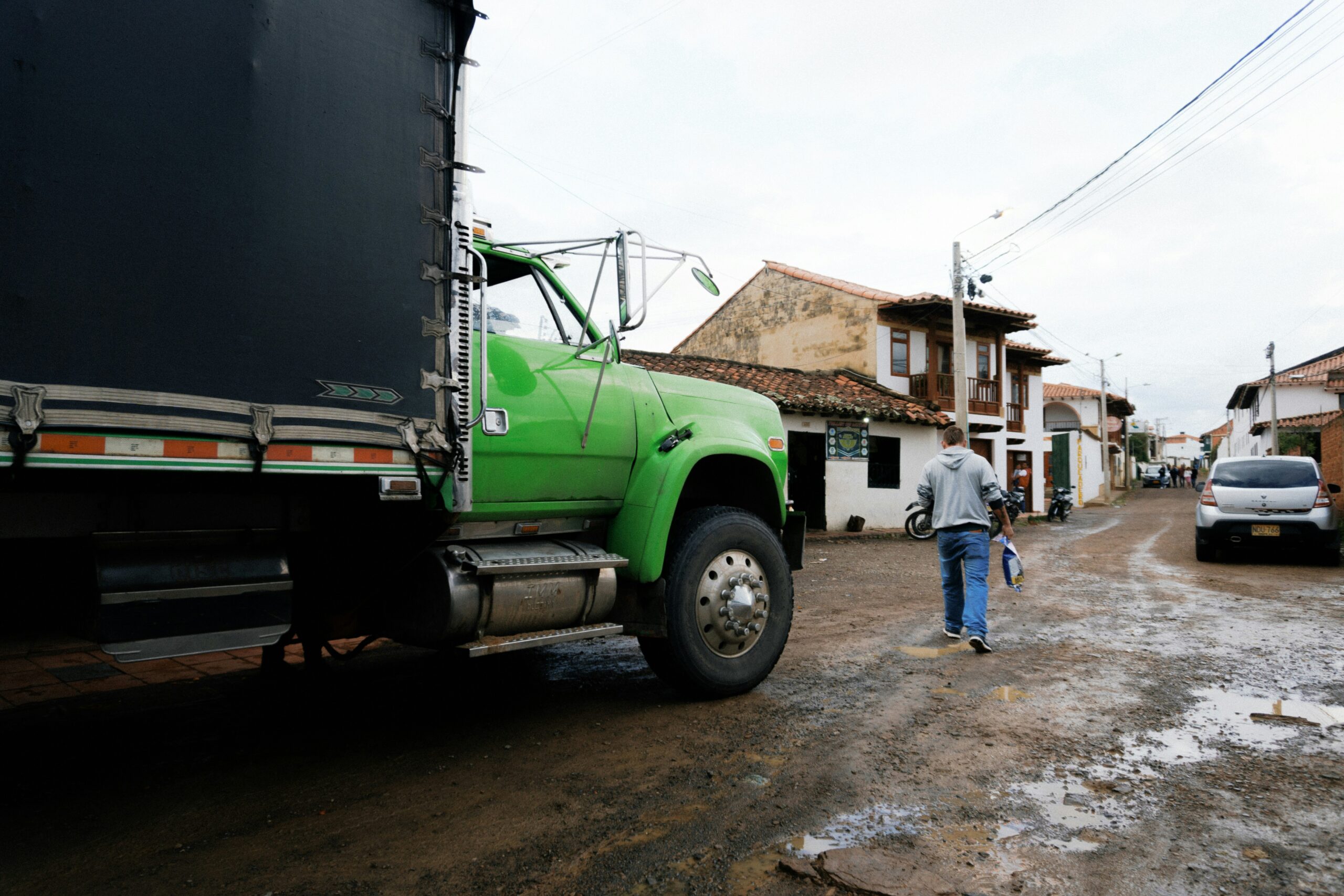
In a sweeping move to combat drug trafficking and associated violence, the U.S. Treasury Department has sanctioned two major Mexican drug cartels, Carteles Unidos and Los Viagras, alongside seven individuals linked to these organizations. The sanctions, announced on Thursday, mark a critical step in the ongoing U.S. efforts to dismantle criminal networks that pose a direct threat to national security.
Key Facts
- The U.S. Treasury has imposed sanctions on Carteles Unidos and Los Viagras, accusing them of engaging in terrorist activities.
- Five senior leaders from Carteles Unidos have been charged with drug trafficking-related offenses by the U.S. Justice Department.
- A total of $26 million in rewards has been offered for information leading to the arrest of key cartel leaders, with the highest single bounty of $10 million for Juan Jose Farias Alvarez.
Background
Both sanctioned cartels are predominantly active in the Mexican state of Michoacan, a region long troubled by violent conflicts between rival drug trafficking groups. The U.S. government’s announcement highlighted the cartels’ involvement in violent activities, including the recruitment of mercenaries, bribery of officials, and procurement of weapons, all funded through narcotics trafficking.
Implications of Sanctions
According to Treasury Secretary Scott Bessent, the sanctions are aimed at crippling the cartels’ ability to operate by freezing any U.S.-based assets and prohibiting Americans from conducting transactions with them. This move is intended to cut off the cartels from the international financial system, significantly hampering their operational capabilities.
Challenges and Criticisms
While the sanctions represent a robust approach to combating drug trafficking, they have sparked debate among experts who question their effectiveness. Critics argue that such measures might inadvertently affect non-profits and civilians in areas controlled by these cartels. Additionally, there are concerns about the broader geopolitical implications, including tensions between the U.S. and Mexico over the handling of cartel-related issues.
Recent Developments
This action follows a series of tough stances taken by the Trump administration against drug cartels, including designating several as ‘foreign terrorist organizations.’ Just last week, the Mexican government, under pressure from the U.S., extradited 26 suspected cartel members to face charges in the United States. Meanwhile, Mexican President Claudia Sheinbaum has asserted that these decisions were made independently, emphasizing national sovereignty.
Looking Forward
The U.S. continues to pressure the Mexican government for more stringent measures against the cartels, including the curtailment of illegal arms shipments from the U.S. to Mexico, which are believed to fuel the cartel violence. However, the U.S. Supreme Court recently dismissed a lawsuit from Mexico that sought accountability from U.S. gun manufacturers for their role in this illicit trade.
In conclusion, as the U.S. and Mexico navigate this complex and volatile issue, the international community watches closely to see how these enhanced sanctions and strategic measures will impact the ongoing battle against drug trafficking and its associated violence.


